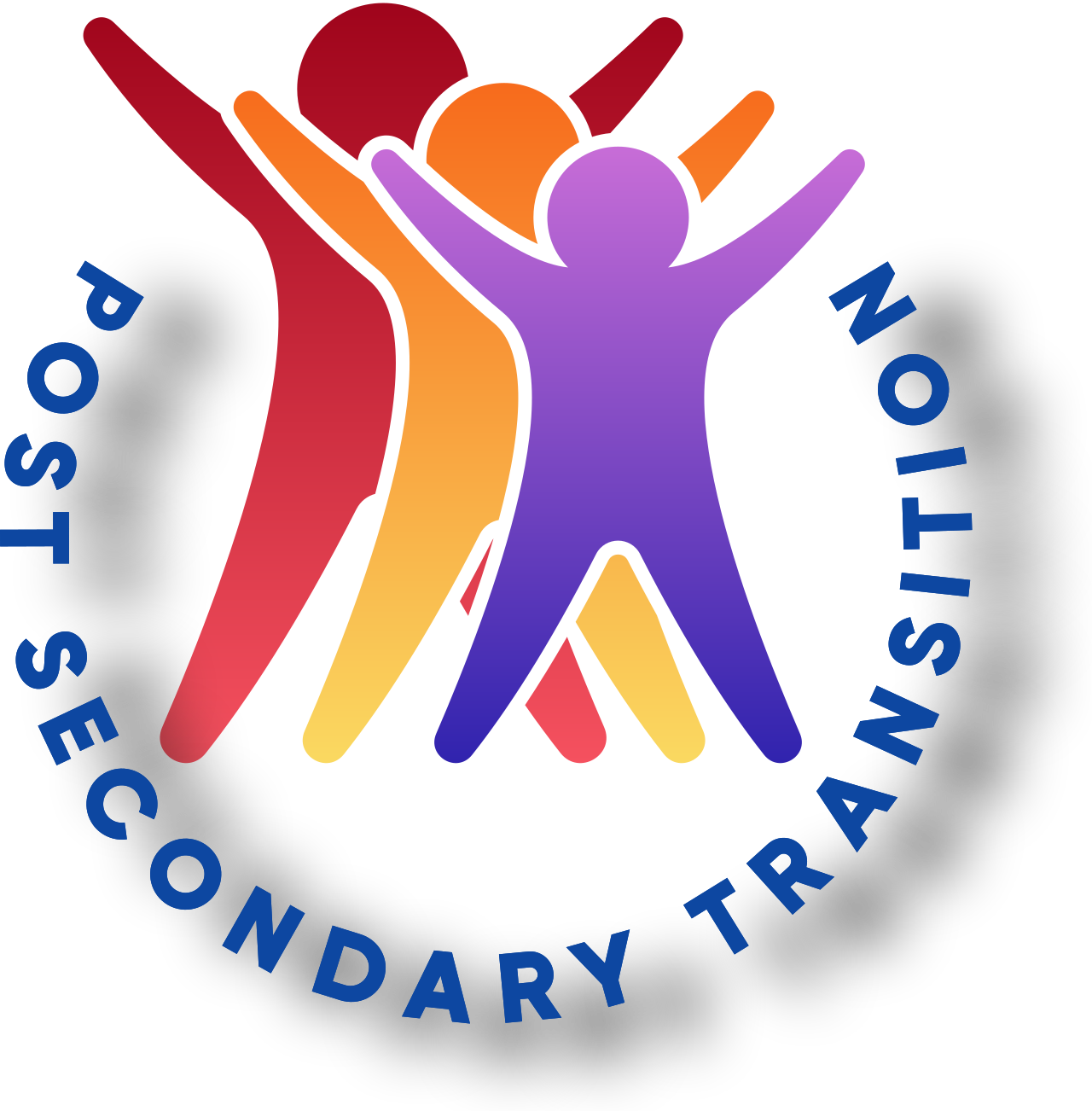Developmental Disability (DD) Agencies
State-level agencies that work to provide services & supports to individuals with developmental disabilities and their families (the specific structure and scope of a Developmental Disabilities agency varies depending on the jurisdiction) but its primary goal is to ensure that individuals with developmental disabilities have access to necessary resources and opportunities for personal growth, independence, and inclusion.
Developmental Disabilities agencies typically work to coordinate and oversee a wide range of services and supports for individuals with developmental disabilities. These services may include assessment and eligibility determination, case management, residential & housing options, vocational training, employment services, therapy and rehabilitation programs, respite care, and access to community resources; all of this is determinate by the state and local jurisdictions. Developmental Disabilities agencies collaborate with other agencies, service providers, community organizations, and advocacy groups to ensure that individuals with disabilities receive individualized support.
Families who are preparing for post-secondary transition (exiting the school system) can apply for services with their Developmental Disabilities agency at any time; however, they are encouraged to do so prior to age 18.
Completing the application will add your child to the list of individuals the DD agency will need to fund upon their exit year at age 21.
It is important to remember that access to services provided by a DD agency is NOT an entitlement; it is based on eligibility and there is limited funding allocation.
Looking for your Developmental Disabilities agency? Follow this link.
Complete your DD application.
When mailing in the DD application, be sure to include documentation that supports the disability/diagnosis.
Examples of documentation would be: current IEP, psych assessment (within 3 years), educational/speech/OT/PT assessments, any assessments completed outside of the school system.
Make a copy of the DD application for your own file at home.
*If applicable, your school transition coordinator can assist in gathering the necessary documentation from the school.
If you are Developmentally Disabled (DD) eligible-
You will be assigned a Coordinator of Community Service (CCS) or DD representative to complete a comprehensive assessment. They will schedule an in-person visit with the individual and their family.
The CCS will review the information and complete a recommendation to the DD Agency regarding the eligibility and priority level.
DD Agencies review and make a final determination; they will communicate their decision to the individual and their family.
You will be eligible for the full range of DD services; in other words, you have a disability that existed before age 22, and you are unable to live independently without external support or continuing/regular assistance.
1. FUTURE NEED
Individual is on the registry, no CCS
services yet (Most likely still under age 18)
2. CURRENT REQUEST
An individual will need services within 3 years (most people)
3. CRISIS PREVENTION
Services needed within 1 year. The DD Agency will need to determine an urgent need for services; is at substantial risk for meeting one or more of the crisis resolution criteria within 1 year, or have a caregiver who is 65 years old or older
4. CRISIS RESOLUTION
Services needed within 90 days; homeless or will be homeless within 30 days; victim of abuse or neglect; at serious risk of causing physical harm to others; living with a caregiver who is unable to provide adequate care due to the caregiver's impaired health
Helpful Resource
Pathfinders for Autism - Entitlement vs. Eligibility
Supports Only (SO)- DD services are not provided to individuals at this level. A re-determination can be made to change categories. The DD Agency will just need current, supporting information on the diagnosis that clearly indicates there is a developmental disability that exited prior to age 22, and that the individual will not be able to live independently without external support or continuing and regular assistance.
Typically, after 18, if the individual was previously under the “Future Needs” category, they will now be moved over to Current Request.
The individual/family will receive a letter of choice for a CCS provider.
Once selecting a provider, the individual will be assigned a CCS. The CCS will check in approximately every 3 months. As the individual approaches age 21, the CCS will be in much more constant communication.






